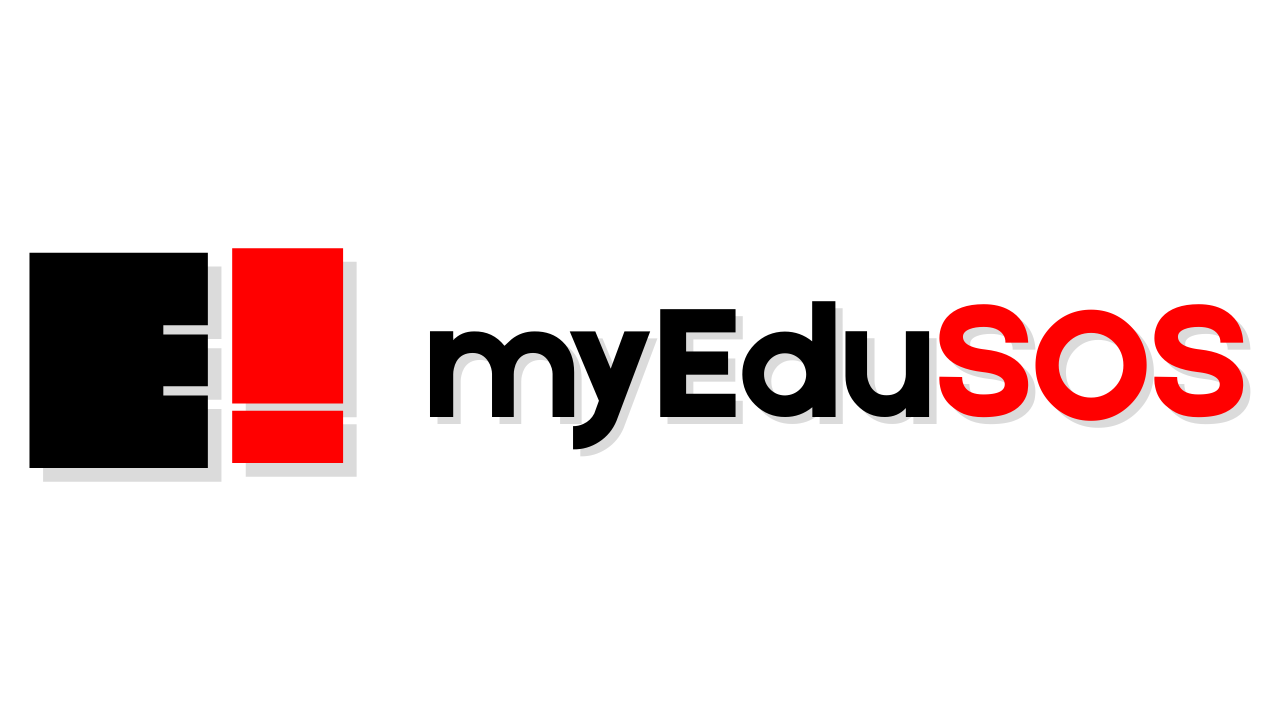In a major development that has shaken the Nigerian education sector, the House of Representatives has ordered the Federal Ministry of Education and WAEC to suspend their planned rollout of Computer-Based Testing (CBT) for the 2026 WASSCE, pushing the implementation forward to 2030.
This decision followed a motion of urgent public importance raised on the floor of the House, highlighting the lack of infrastructure, poor digital readiness in schools, and the potential “mass failure and frustration” that a rushed transition could cause for millions of candidates.

Why the House of Reps Said Not Yet
The House said the 2026 CBT plan was unrealistic, especially for rural and public schools that still struggle with basics like:
- Reliable electricity
- Functional computer laboratories
- Broadband internet
- Technical support staff
- Funding for ICT upgrades
According to lawmakers, pushing millions of students into a fully computer-based environment, especially those from underserved regions would create:
- Massive failure rates
- Exam malpractice vulnerability
- Psychological stress and exam anxiety
- Digital inequality between rich and poor schools
The House ordered that no CBT system should be used for WAEC until adequate infrastructure is in place nationwide.
Why This Idea Isnt A Better Plan
1. Over 60% of Nigerian Schools Lack ICT Infrastructure
Many rural schools still don’t have:
- Enough computers
- Stable power
- Trained ICT teachers
2. Cost of ICT Upgrade Is Too High for States
Some states are already struggling to fund salaries, talk less of building computer labs.
3. Digital Divides Between Students Is Too Wide
Urban students have access to computers and internet, while rural students simply don’t.
4. Infrastructure Must Be Fixed First
Before any exam becomes fully digital, lawmakers insist that:
- PHCN issues
- Internet penetration
- Cost of computers
- School digitalization
This suspension isn’t a failure, it’s a warning sign.
Nigeria’s education system is not yet digitally ready, and forcing CBT on millions of underprepared students would widen inequality instead of improving learning outcomes.
A gradual approach, supported by real investment in infrastructure, is the smartest path forward.
The House of Representatives’ decision to halt WAEC’s 2026 CBT exam rollout until 2030 is a significant victory for fairness, equality, and student readiness.
But it is also a reminder:Nigeria must upgrade its education system if it wants to compete globally.
The next five years should be a period of rebuilding, re-planning, and preparing, not relaxing.



